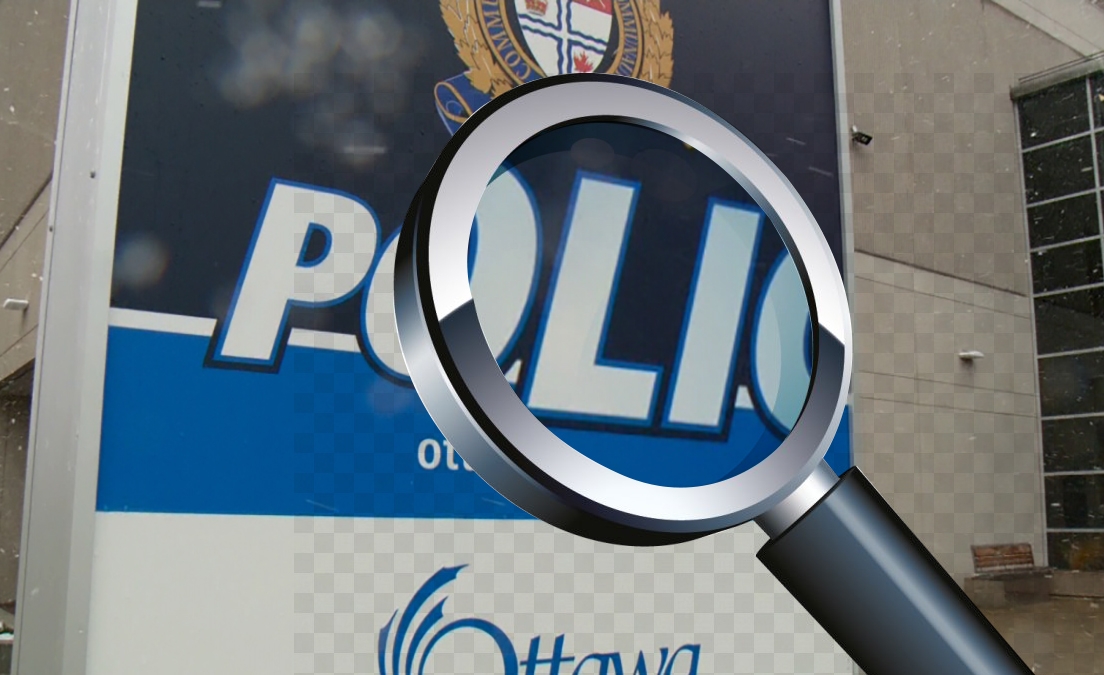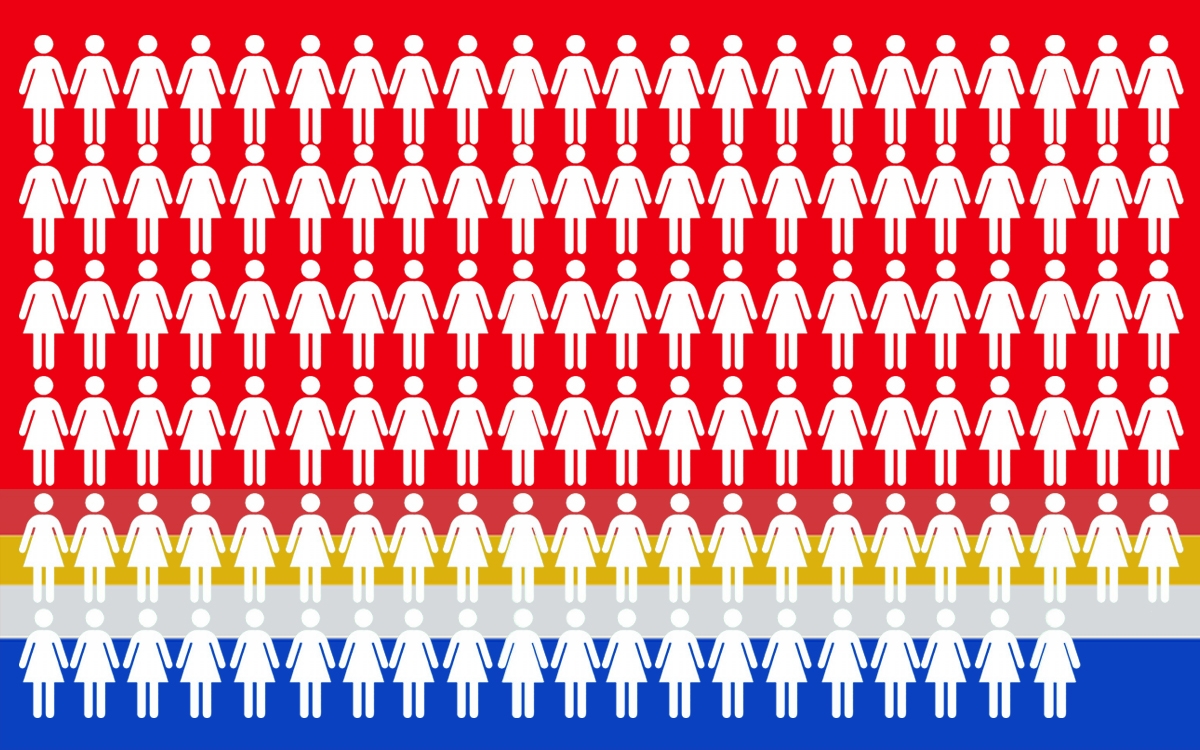
Police investigating police result in no consequences
There is no doubt that one of the major catalysts behind the calls to defund the police has to do with the blatant ineffectiveness of police oversight agencies in this province and across Canada. If these agencies actually did what they are supposed to do and that is conduct unbiased investigations into complaints against the police from members of the public and hold police officers accountable there wouldn’t be the backlash against policing that we are witnessing. Under the Police Services Act of Ontario there are two agencies whose mandate it is to hold police accountable in this province namely the Special Investigations Unit (SIU) and the Office of the Independent Police Review Director (OIPRD). Both the SIU and the OIPRD have proven time and time again that when it comes to holding police officers accountable for wrongdoing that they are abysmal failures. In fact, their track record is so bad a reasonable person might conclude that they are nothing more than elaborate smoke screens that have been deliberately set up by the provincial government to give citizens the impression that any complaints they file against the police will be investigated fairly and impartially. The reality is that nothing could be further from the truth.
Given the fact that they rarely ever find a police officer guilty of misconduct or breaking the law is it any wonder that people have zero confidence in these agencies? The SIU and the OIPRD have proven that they are incapable of finding a police officer guilty of an offence even when the evidence of an officer’s guilt is overwhelming. Despite this fact, politicians have done nothing to address this problem.
If a citizen wishes to file a complaint against a police officer they have two options. First, they can file it with the professional standards branch of the police agency where the officer is employed. The problem of course is that in this situation you have cops investigating cops. This is a complete conflict of interest and should not be allowed. What confidence can a member of the public have that their complaint will be investigated in a non-prejudicial and unbiased manner when you have cops investigating other cops? The entire process is a colossal joke and yet not one politician has spoken out about the lunacy of this situation.
Common sense dictates that the Police Services Act of Ontario must be amended in order to confine the role of professional standards branches in police services to investigating internal disciplinary matters only and nothing more. They should not have any authority whatsoever under the Act to receive or investigate complaints made by members of the public against officers in their organization. The principle that justice must not only be done but that it must be seen to be done is the reason they should be barred from receiving and investigating complaints from members of the public.
The second option for a citizen to file a complaint against a police officer is to submit it to the Office of the Independent Police Review Director. Like the SIU the OIPRD is seen by people as being biased in favour of the police. Even the OIPRD’s own statistics indicate that the chance they will find in the complainant’s favour is as likely as being struck by lightening. For example, in their annual reports the statistics demonstrate that of the 3000 plus public complaints against the police that they receive each year over 87 per cent of these complaints are dismissed as unjustified. Of the 10 per cent or so that are considered justified more than half have resulted in meaningless penalties for the officer(s) involved. In addition to this problem, there is evidence that some of the OIPRD’s reports are badly prepared, lack documentary evidence and are filled with contradictory statements that render them totally useless. Despite this fact nothing has been done by provincial governments to address this problem.
To make matters worse if that is possible, a major problem with the OIPRD is that its decisions are binding and not appealable. What this means is that even if they produce a grossly deficient report that leads to erroneous conclusions that favours the police officer, there is no avenue of appeal for the complainant. While a citizen can seek a judicial review of an OIPRD decision this process is lengthy and expensive. For marginalized people who cannot afford a lawyer a judicial review is financially beyond their means. In the few cases where complainants have sought a judicial review the courts have issued decisions that have favoured the complainant and they have severely castigated the decision-making process of the OIPRD.
No government institution should be allowed to function in this manner and it is disgraceful that the provincial government of Ontario and all politicians have not seen fit to provide the citizens of this province with an avenue to appeal decisions from the OIPRD that won’t cost taxpayers a fortune. As a minimum, there is no excuse for the fact that the OIPRD has not been audited if for no other reason than to ensure that the reports they produce are of a high quality, factually documented and meet the standards expected of such an organization that is mandated to investigated public complaints against the police.
Another impotent body that has contributed to public dissatisfaction with the police is the Special Investigations Unit (SIU). The SIU investigates whenever a police citizen encounter results in serious injury at the hands of the police. The problem of course is that there is no clear or precise definition in the Police Services Act of Ontario that spells out exactly what constitutes a serious injury. As a result, decisions to investigate or not investigate are not governed by the rule of law but rather the arbitrary decision of the SIU Director. For the sake of discussion consider a person who receives repeated blows abut the head and face from a police officer. Does this constitute a serious injury if the person’s face shows no discernible marks or bruising? Who determines whether the person suffered a serious injury under such circumstances? This lack of specificity is unacceptable, and the Police Services Act of Ontario should clearly define what constitutes a serious injury so that there is no doubt when the SIU should or should not investigate.
In addition to this problem, its very concerning that police officers in this province are not required by law to provide their notes or be interviewed by a SIU investigator. This is ridiculous. Unlike civilians police officers are granted exceptional powers under the law to detain, question and arrest citizens. Police have enormous discretionary power when it comes to conducting investigations and interviewing citizens so it makes absolutely no sense that they can refuse to provide their notes or be interviewed by a SIU investigator if they are alleged to have committed an offence on or off duty. In fact, it should be a serious offence under the Police Services Act of Ontario for a police officer to refuse to provide their notes or be interviewed by a SIU investigator. Cops can’t have it both ways. They can’t on the one hand be delegated extraordinary powers over the freedoms of other citizens in this province while at the same time claiming they are ordinary citizens and therefore have the same constitutional protections afforded to ordinary citizens under the Canadian Charter of Rights and Freedoms. This double legal speak makes absolutely no sense and it thwarts justice in every possible way.
As anyone can see we have a serious crisis with policing in this country and its getting worse rather than better. Legislative action is required now and politicians of all political stripes have to step up to the plate and take responsibility for this situation. Politicians who have been sitting on the proverbial fence and who have done nothing to change this situation carry the lion’s share of the blame for the public’s dissatisfaction with police and their calls for defunding the police. Citizens are entitled to have a fair, professional, impartial and independent complaints process in place to ensure that police are held accountable whenever they break the law or abuse their authority. Anything less undermines the confidence of the public not just in the police and the justice system but in democracy itself.
Darryl T Davies is a criminology professor in the department of sociology and anthropology at Carleton University.









